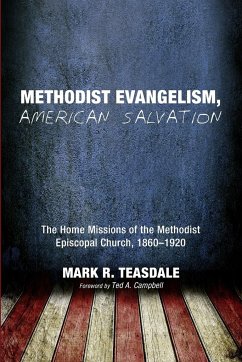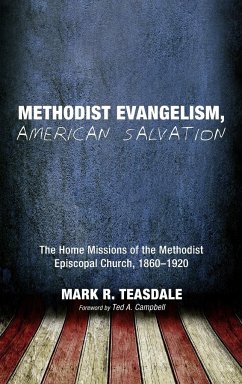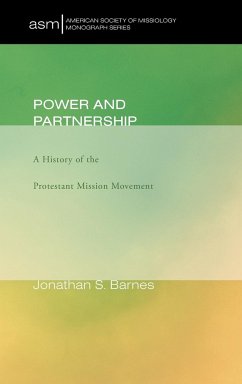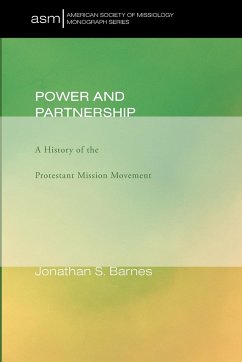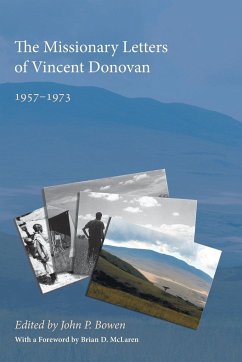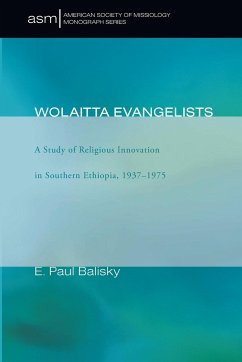Powerful ideas have the capacity to inspire great good. They also have the capacity to prompt unspeakable acts of evil. The ideas of "America" and "the gospel" have been used for both. The situation was no different when the Methodist Episcopal Church (MEC) brought these two ideas together in its evangelistic work from 1860 to 1920, including during the Civil War and the First World War. Methodist Evangelism, American Salvation traces the MEC's home missions among African Americans and whites in the South; among Native Americans, Mexicans, and white settlers in the West; and among newly arrived immigrants, their children, the poor, and the rich in the East's burgeoning cities. It shows the innovative and courageous work of the MEC to improve the quality of life for these most marginalized populations in the United States. It also shows the fear the MEC had that these populations would overthrow American civilization if they did not conform to the values held by white, middle-class, native-born Americans.
Bitte wählen Sie Ihr Anliegen aus.
Rechnungen
Retourenschein anfordern
Bestellstatus
Storno

